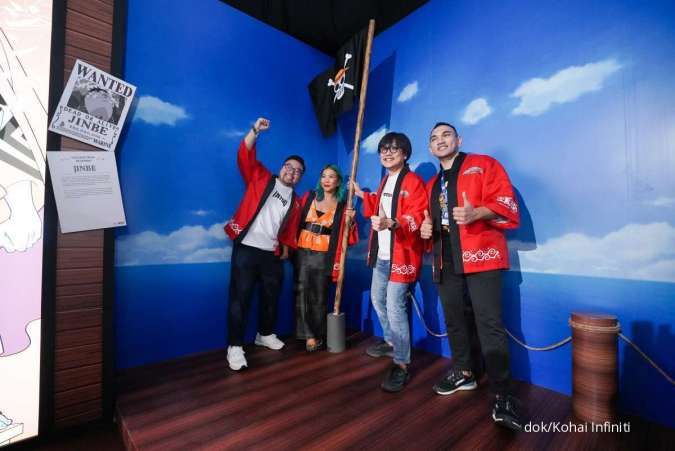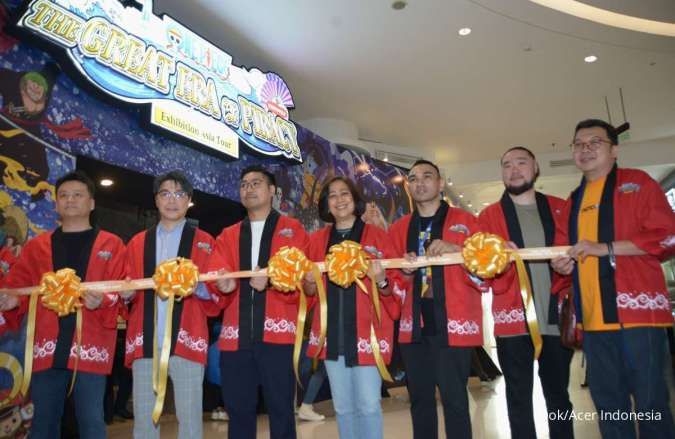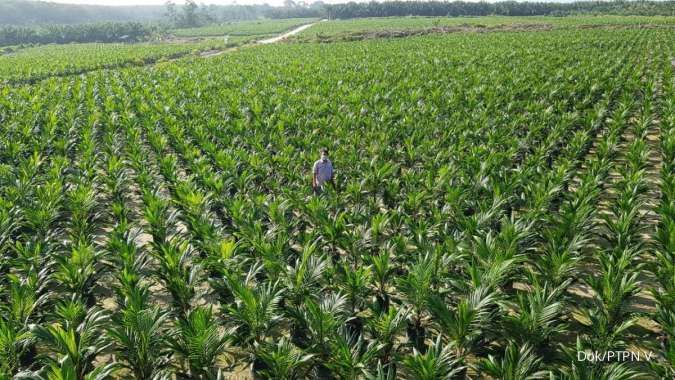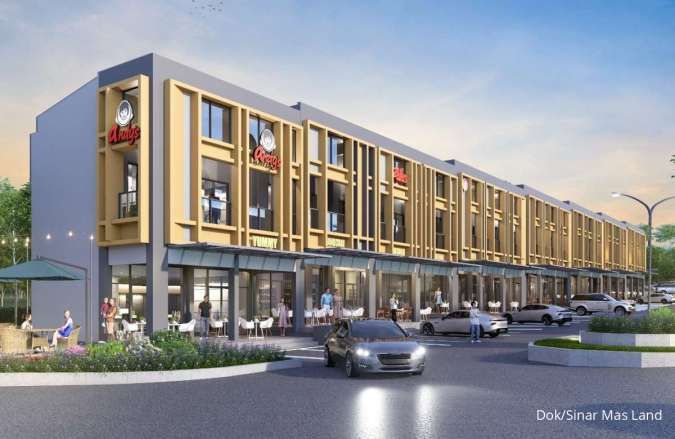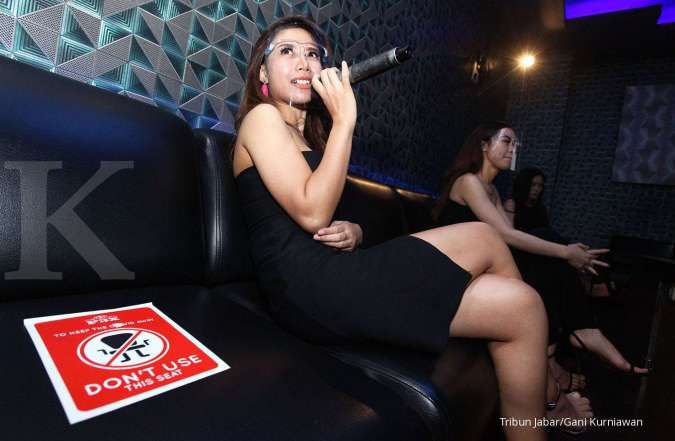INVESTMENT - Like the impact of the pandemic itself, the global recovery over the past several years has been stilted and uneven. As a result of shifting capital and market forces, 2023 witnessed a level of global inequality on par with that of South Africa – the country with the highest inequality in the world. The drivers behind this trend are complex, but one thing is clear: official development assistance (ODA) is one of the most effective ways to even the playing field.
ODA models and financing mechanisms have evolved over the decades. Since its inception in the 1960s, ODA has taken various forms including grants, loans, private investment, and export credits. But as the world changes, so do the needs of aid recipients, as well as the challenges they face. To meet these evolving challenges, ODA donor countries continue to seek new models that can better solve intractable social and environmental issues and close the gap between the two sides of the world.
One such innovative model can be found in South Korea, the first country in history to go from receiving ODA to being a donor. In 2015, the Korea International Cooperation Agency (KOICA) launched the Creative Technology Solution (CTS) program with the idea of attracting entrepreneurs and startups to work on solving particularly difficult development challenges. By bringing innovators into the international development cooperation space, CTS has successfully harnessed creative ideas and new technologies to deliver solutions to communities in developing countries while also assisting startups in global expansion.
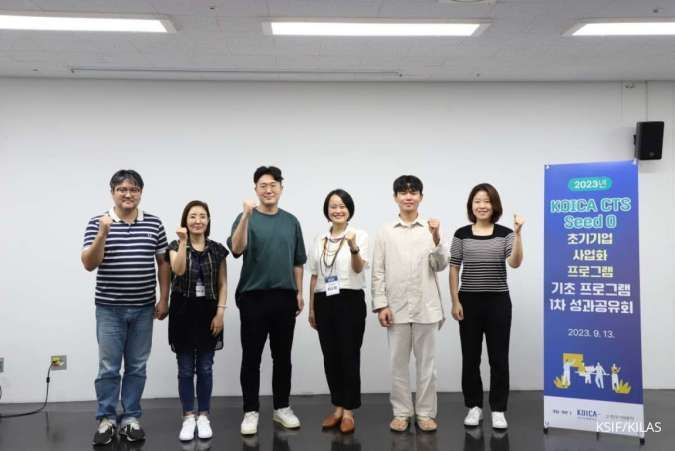
Creative Technology Solution – Amplifying Impact Through Innovation
CTS seeks to partner with South Korean entrepreneurs and innovators who are socially minded and who offer products or services in such areas as energy, global health, climate action, education, and agriculture. Through tailored training and support, CTS assists its participants in connecting with VCs and networks in their target country and in localizing their offerings. In this way, companies whose products or services can address social and environmental problems in less developed countries can receive the support and guidance they need to successfully launch overseas.
The program has three stages: Seed 0, Seed 1, and Seed 2. Seed 0 provides participating entrepreneurs with education and training on development cooperation. During Seed 0, participants receive one-on-one mentoring in market research, business strategy and modeling, project planning, and proposal writing. Entrepreneurs are also connected with accelerators in their target countries who can assist in localization and reaching their target market. The goal of this stage is to build capacity among prospective entrepreneurs who seek to advance into developing countries.
Applicants who successfully complete Seed 0 as well as applicants with solid business plans for how to expand into developing countries can participate in the Seed 1 stage. This stage requires companies to create proof of concept and working prototypes of their product or service. Participants must also clearly confirm that their product or service has a sufficient number of beneficiaries in their target country. The final Seed 2 stage helps participants launch a pilot, focusing on tailoring their business model and strategy to smoothly integrate into the local scene. Awards offered at each stage vary between $250,000 and $420,000.
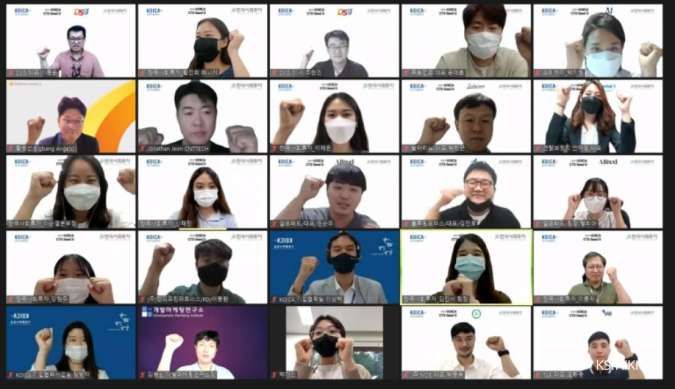
Creative Solutions to Real Problems
The 2023 Seed 0 program was planned and run by the Korea Social Investment Foundation (KSIF), a private non-profit accelerator specializing in the ESG and impact sector. KSIF has been involved with the CTS program since the year 2021.
The specific goals of each annual CTS program are varied to ensure that the program is consistently attracting a variety of social entrepreneurs who will establish projects in different countries. The 2023 Seed 0 program called for applications from companies established no later than 7 years ago who sought to address development issues in India, Indonesia, or Vietnam. Among the total of 47 companies that participated, there were three that rose to the top as having particularly spectacular potential: Nanu, Trackfarm, and Albaam.
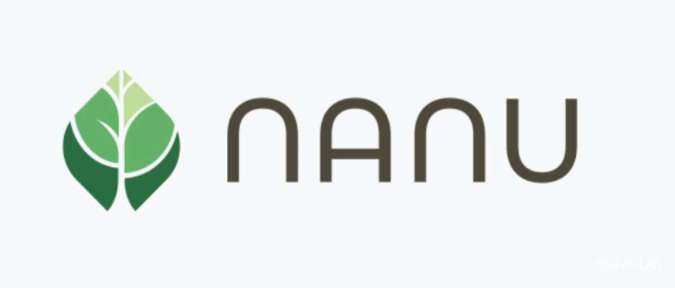
Like many developing countries, Vietnam has recently been inundated with plastic waste, producing approximately 3.1 million tons of plastic each year that isn’t recycled. But plastic isn’t the only problem – as the country’s agricultural industry has grown over the past two decades, so have its agricultural byproducts (rice husks, coconut shells, etc.) that are left in the field after harvest. Nanu, which is aiming to expand into Vietnam, has created an innovative solution that can simultaneously address the issues of plastic pollution and agricultural byproduct waste: eco-friendly pulp mold containers. Nanu uses agricultural byproducts (waste products) as raw materials to create pulp molds and applies its proprietary eco-friendly coating technology to add durability and water/heat resistance. The molds can then be used in place of plastic.

Nanu has already proven its pulp molds, working with companies in Korea to supply everything from cosmetic packaging and meat containers to milk and ramen containers. By bringing its technology to Vietnam, Nanu hopes to reduce both agricultural byproduct pollution and plastic pollution by transforming “waste” agricultural byproducts into useful containers that can replace single-use plastics. Nanu estimates that full implementation of its technology in the country would reduce up to 620,000 of GHG emissions while also helping Vietnam strengthen its overall waste management system.

Vietnam is home to the world’s third-largest livestock production and consumption market, yet pig farming faces continued difficulties with Vietnamese pig farmers losing up to 20% of their livestock to disease, a rate two to four times higher than in other countries. In addition to a warm climate that makes pigs prone to epidemics including swine flu, traditional local farming techniques hinder productivity. Furthermore, farm owners lack effective and accurate health monitoring solutions and lack sufficient labor to manually collect health data on their herds. Combined, these factors have limited the growth of the pork industry despite high demand.

Trackfarm has created a smart livestock farming software solution that both optimizes the environmental conditions in which pigs are raised and monitors their health status in real time. Trackfarm builds hog pens with automatic environmental sensing, automated ventilation, cameras, tags, and sensors, and an integrated AI platform to sense conditions and adjust as needed. The solution comes with a customized dashboard that provides data management, alerts, and 24-hour monitoring so that farmers can immediately address issues as they arise. The environmental controls make it easy to foster ideal conditions for pigs to grow and remain healthy. Trackfarm expects its technology to help drive both local and national changes in how pig farming is practiced, boosting productivity, income level, and overall value.

Across the world, an estimated 2.4 billion people are in need of physical therapy of some kind. Yet, according to the World Health Organization, there are just 26,000 skilled practitioners worldwide. The need for pediatric specialist treatment is particularly acute in countries with young populations like India. At the same time, India has a high barrier to accessing medical care, with an estimated 71% of disabled children residing in suburban areas that lack medical facilities. Treatment costs are high, and there is not a strong policy push to improve the situation.
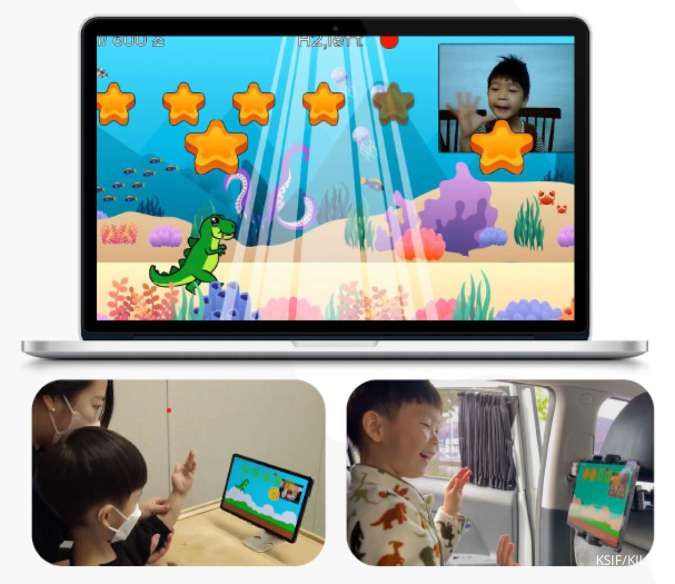
In response to this need, Albaam created GemGemAR, a game which allows children to do physical therapy anywhere using a tablet or PC. The game is designed so that the input gestures are occupational therapy movements. Fully customizable, it helps children ages 4 to 10 develop fine motor control. The program also instructs caregivers on massage techniques to provide an additional layer of passive treatment. With GemGemAR, patients can access treatment for up to 30x longer than the average in-person therapist-mediated treatment time period. By allowing patients to engage in treatment with nothing more than a mobile phone, Albaam’s GemGemAR can offer new hope to both parents and children in India.
Innovation Today for a Better Tomorrow
In a rapidly changing world where technological innovations can change our lives seemingly overnight, new models of ODA that go beyond traditional funding models to promote technology transfer and localization of social entrepreneurs have the potential to help close the gap of inequality. KOICA’s CTS program supports the entry of digital startup entrepreneurs into developing countries because it recognizes the potential of innovation and technology to reduce poverty and drive economic growth. At the same time, the program helps innovative startups acquire the necessary skills and know-how to transform into truly global companies that can share their solutions on a broader global scale. CTS offers a unique example of how to combine startup acceleration investment with ODA initiatives, encouraging the application of pioneering technologies and ideas to difficult social and environmental challenges in less developed countries.
/2024/01/29/799852692p.jpg)
